Natural Sciences & Mathematics
View a list of departments in natural sciences & mathematics.
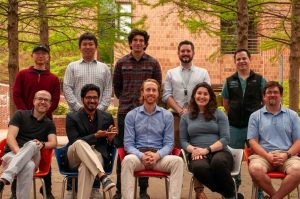
UNC researchers receive grant to test blood oxygen device for patients of color
A team of UNC researchers from the department of applied physical sciences in the College of Arts and Sciences, the UNC School of Medicine and Gillings School of Global Public Health has received a $110,000 grant to conduct a two-year clinical trial on a pulse oximeter that would improve the accuracy of blood oxygen saturation measurement in patients of color.
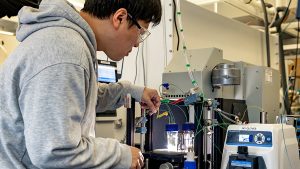
CHASE Solar Hub pioneers liquid fuel conversion
At the center’s Chapel Hill headquarters, more than 100 researchers work to turn sunlight into methanol.
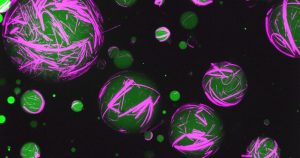
UNC-Chapel Hill researchers create artificial cells that act like living cells
Ronit Freeman and her lab use innovative approaches to build functional cells, bridging the gap between synthetic and living materials.

UNC-Chapel Hill study examines the increased adoption of they/them pronouns
People are using “they/them” pronouns more often according to a new study by the University of North Carolina at Chapel Hill. The research was led by Jennifer E. Arnold, a professor of psychology and neuroscience in UNC’s College of Arts and Sciences.

Flowing Together: Restoring North Carolina’s drinking water
PFAS, or “forever chemicals,” are prevalent in a variety of products and linked to a range of health problems. An interdisciplinary group of UNC-Chapel Hill scientists and engineers are deploying and evaluating technologies that filter these difficult-to-remove substances from N.C.’s drinking water.
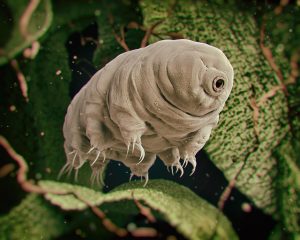
UNC-Chapel Hill researchers discover new clues to how tardigrades can survive intense radiation
UNC-Chapel Hill researchers have discovered that tardigrades – microscopic animals famed for surviving harsh extremes – have an unusual response to radiation. The research, led by UNC biologist Bob Goldstein, was published in Current Biology.
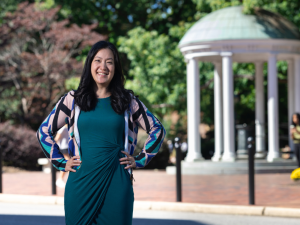
Carolina researcher trailblazes environmental accountability
As a graduate student at Yale University, Angel Hsu traveled to Copenhagen for the 2009 United Nations Climate Change Conference, or the Convention of the Parties (COP) 15. Today the UNC associate professor of public policy says that experience changed her worldview.
